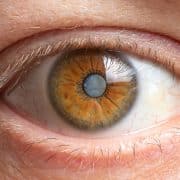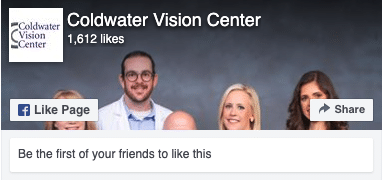Do I Need Glaucoma Testing If It Doesn’t Run in My Family?
Glaucoma is largely tied to genetics, which can lead people to put off testing if they don’t have a history in their family. Here, we’ll look at other risk factors for glaucoma, and why it’s so important to get regular testing once you pass the age of 40.
What Causes Glaucoma?
Glaucoma is the result of optic nerve pressure. The more fluid that backs up in the eye, the harder it will be for the eye to function. If you’re wondering what causes the fluid pressure in the first place, though, this question is much harder to answer. There are risk factors for glaucoma, including genetic history, race, and age, but the reality is that eye doctors in Coldwater, MS may not be able to tell you the exact root cause of your glaucoma.
Why Is Testing Important?
There is no hard-and-fast cure for glaucoma in Coldwater, MS, but early testing can help you slow the progression. With the right treatments, which can include anything from eyedrops to surgery, you may be able to keep some or even all of your vision. Glaucoma testing typically consists of tonometry, which will check the pressure on your nerve. This test can tell the eye doctor not just whether you have symptoms, but how quickly the disorder advances if you have it.
Glaucoma Treatments in Coldwater
The goal of glaucoma treatments is to reduce the amount of fluid or to speed up the body’s ability to drain the fluid. For instance, with glaucoma surgery, the surgeon will create a new drainage pathway. If you take medication, it will work to dry up the fluids. The right one for you doesn’t just depend on your personal preferences, it comes down to the severity of your symptoms. Surgery may be the only solution if the fluid backup is severe enough.
If you have questions about glaucoma, it helps to see an eye doctor who can answer your questions without fear mongering. Glaucoma may be common, but it certainly doesn’t happen to everyone. Plus, even if it does, it may not always be a severe case. At Coldwater Vision Center, we can give you more information about how to structure your eye exams so you don’t miss a thing.



